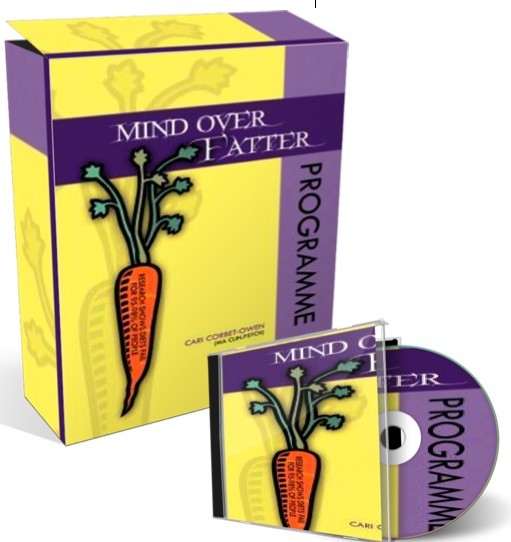Does Nutrition Play a Role in ADHD?
1. Essential Nutrients:
ADHD is associated with deficiencies in several essential nutrients, including zinc, iron, magnesium, and omega-3 fatty acids. These nutrients are crucial for brain development, neural functioning, and overall cognitive health. Ensuring an adequate intake of these nutrients through a balanced diet or supplements can support brain function and potentially improve ADHD symptoms.
2. Food Additives and Sugar:
Some studies have suggested that certain food additives and high sugar intake may contribute to hyperactivity and ADHD symptoms in some individuals. Artificial colors, flavors, preservatives, and high levels of refined sugar can disrupt brain function and exacerbate symptoms of ADHD. Limiting the consumption of processed foods and sugary beverages can be beneficial.
3. Protein and Carbohydrates:
Maintaining a balanced diet that includes adequate protein and complex carbohydrates can help regulate blood sugar levels and provide a steady energy supply. This can be particularly important for individuals with ADHD, who may experience fluctuations in attention and energy levels. Regular meals and snacks with a combination of protein and whole grains can support cognitive function and reduce impulsive behavior.
4. Meal Timing:
Sticking to a consistent meal schedule can be helpful for individuals with ADHD. Eating regular meals and avoiding long periods without food can help stabilize energy levels and reduce irritability, which can contribute to ADHD symptoms.
5. Elimination Diets:
Some research suggests that certain individuals with ADHD may benefit from specific dietary changes. Elimination diets, such as gluten-free or dairy-free diets, have shown positive outcomes in reducing hyperactive behaviors in some cases. However, these diets should be implemented under the guidance of a healthcare professional or a registered dietitian to ensure adequate nutritional intake.
6. Supplements:
Certain supplements, such as omega-3 fatty acids (particularly EPA and DHA), magnesium, zinc, and probiotics, have shown potential benefits in improving attention, behavior, and learning in individuals with ADHD. However, it's important to consult a doctor or a registered dietitian before taking any supplements to avoid potential interactions with medications or other health concerns.
It's important to note that dietary changes should not replace prescribed treatments or therapy for ADHD. Nutrition can play a supportive role in managing symptoms, but it should be combined with other evidence-based approaches recommended by healthcare professionals. Always consult with a qualified healthcare provider or a registered dietitian before making significant changes to your diet, especially if you or someone you care for has been diagnosed with ADHD.
-
run or train?
Question --Arkady I would like to lose LOTS if I could.I weighed
-
Boyfriend is a Compulsive Overeater
QuestionI need serious help. His food addiction is out-of-control
-
Any link between obesity and frozen food?
QuestionHi, I have been consuming frozen food and ready to use m
-
Need help, weight loss Question
QuestionHello my name is chris, i am 60 and i weight 250lbs, my q
-
overwt
Questionhey im 24, 53 & 185lb ,some time i exercise need to know
-
Realistic Expectations?
QuestionHey there! Ill be 20 in May and I have a problem. I
